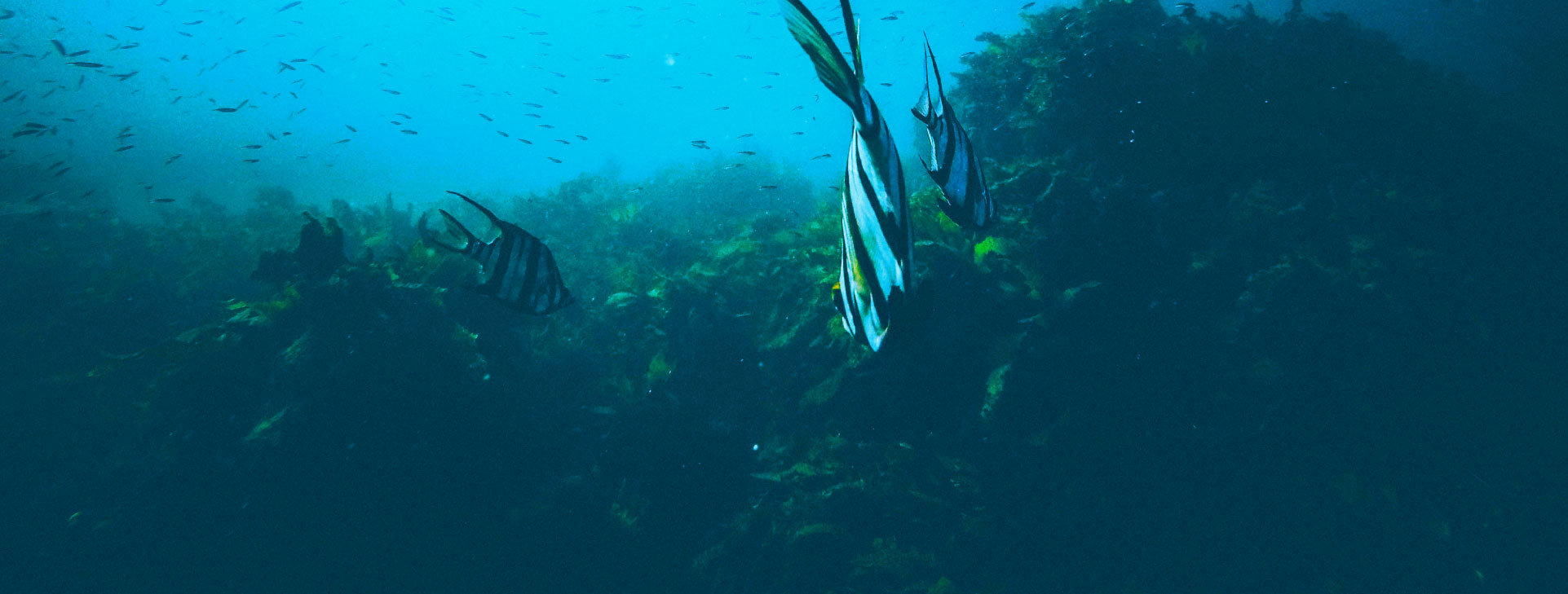THE PROJECT
EBB is a European Marine Biological Resource Centre project (EMBRC-ERIC), which main goal is to facilitate sustainable access to marine biodiversity, its associated data, and extractable products for local and international academia and industry users, and to incentivize biodiversity conservation in coastal ecosystems by promoting compliance with Access and Benefit Sharing (ABS) regulations derived from the Nagoya Protocol.
Context
Biobanks contribute to conservation of marine diversity by complementing traditional in-situ conservation techniques with ex-situ methods that are safe and reproducible for short, medium, and long-term storage of biological specimens. As acknowledged by the Smart Specialization Strategies of European coastal regions, Marine Biological Resources (MBRs) are one of the main services provided by coastal ecosystems, having a great potential to promote regional economic development and employment through blue biotechnology, and thus to contribute to growth and cohesion. The leading marine biobanks in Europe are located in the Atlantic Area and are part of the European Marine Biological Resource Centre (EMBRC-ERIC), a distributed Research Infrastructure included in the European Strategic Roadmap for Research Infrastructures since 2008. Biobanks provide Marine Biological Resources to academic and industrial researchers, becoming the backbone for the search of unique marine genes, bio-actives and biomaterials with potential for commercial development and job creation in the Atlantic Area.
Project mission
The EBB project aims to contribute to the protection of marine biodiversity through the establishment of the European Blue Biobank, a world class centrally curated marine biobank operated by EMBRC-ERIC that will support Marine Biological and Ecological Research, Development and innovation by facilitating access to Marine Biological Resources. The EBB is the first initiative to propose practical long-term transnational coordination of marine biobanks. It will facilitate the access to a common registry of marine bio-specimens, stimulating future work to increase the diversity and quality of Marine Biological Resources made available to user communities and facilitating their biotechnological valorization.
Project main objectives
The EBB will set the standard for harmonized operation of its distributed marine biobanking facilities, by:
– Developing new technological tools and common procedures for the ex-situ maintenance of diverse groups of Marine Biological Resources; and
– Harmonizing the transregional application of the regulations on access to genetic resources and sharing the benefits of their use (i.e. ABS regulations)
Consortium
The project partnership, primarily located in the Atlantic Area, is formed by a multidisciplinary team that comprises some of the world´s most important marine biobanks located in Norway, Ireland, United Kingdom, France, Spain and Portugal; four clusters of marine biotechnology from Spain, France, Portugal and the United Kingdom; six companies active in the field of marine biotechnology; one European Research Infraestructure; and the relevant government departments in Spain, Portugal and the United Kingdom responsible for access to genetic resources – the ABS Competent National Authorities (CNAs). In this manner, the project brings together providers (biobanks), end-users (researchers from industry, clusters and academia), and CNAs to work together to promote consensual national implementation of ABS regulations.
Project approach
ABS regulations stem from the Nagoya Protocol, which is a 2010 supplementary agreement to the 1992 Convention on Biological Diversity (CBD). Its aim is the implementation of one of the three objectives of the CBD: the fair and equitable sharing of benefits arising out of the utilization of genetic resources, thereby contributing to the conservation and sustainable use of biodiversity. However, there are concerns that the added bureaucracy and legislation will be detrimental to Research, Development and innovation activities. In order to promote R&D+I on marine bioresources, the EBB will act as an ABS facilitator, implementing measures to reduce the impact of the added bureaucracy on the end users of marine bioresources. The EBB will focus on the EU Regulation on ABS and its recent integration into national laws to support clear and effective implementation of the principles of the Nagoya Protocol at the domestic level. The project will bring together end-users (researchers from industry and academia), providers (MBR biobanks) and Competent National Authorities (CNAs) to work together on defined use-cases, promoting consensual national implementation of ABS regulations.

